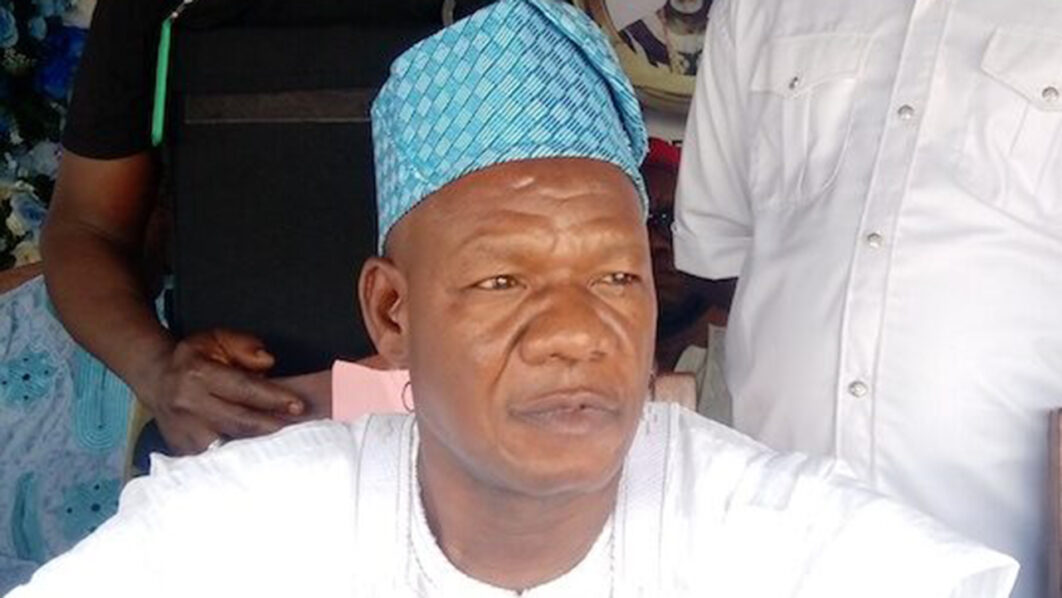
The Nutrition Society of Nigeria (NSN) has secured funding for the establishment of the Grand Challenges Nigeria project, which will provide innovative solutions to challenges in public health, food systems and climate-smart agriculture in the country.
The society’s President, Prof Wasiu Afolabi, disclosed this at its yearly Scientific Conference and General Meeting themed: “Navigating the Nutrition Frontiers: Innovative and Alternative Strategies for Sustainable Development.”
Afolabi decried the scary statistics of malnutrition in the country and the slow progress being made in tackling it. According to him, the challenges Nigeria is facing range from high levels of poverty, poor economic growth and the rising cost of food, high unemployment, especially among the youth, insecurity and banditry leading to poor agricultural productivity, rising levels of hunger and malnutrition.
He argued that to recover from these challenges, the Federal Government, development partners, civil society organisations and stakeholders must identify and develop innovative and alternative strategies to create a robust and agile economy that works for everyone rather than a few privileged individuals.
He acknowledged the Federal Government’s efforts at placing nutrition at the forefront of the agenda for accelerated national development and raising the profile of nutrition, as well as the recent approval of the N-774 nutrition programme.
Speaking on ‘Count down to the SDGs: How far with the Nutrition Targets’, Country Representative of Nutrition International, Dr Osita Okonkwo, called for urgent action to ensure children have adequate and equitable access to life-saving nutrition interventions.
Okonkwo noted that many states are unable to implement this key intervention when due, thereby exposing these vulnerable children to preventable diseases with resultant malnutrition.
He said: “In the last round of Maternal Newborn and Child Health Week (MNCHW), about 50 per cent of states supported by development partners were able to conduct the campaign during the recommended period of May and June, while states without partner support, only 15 per cent of these states met this timeline.
“The implications are that many of the children in states that are unable to implement within the stipulated time, may not be able to receive the recommended two doses of Vitamin A capsules within the year.”
Okonkwo stated that Nutrition International has provided nearly 95 million capsules of Vitamin A for free distribution to children under five in Nigeria; yet many children are missed out during the campaign.
He pointed out that this inconsistent delivery of Vitamin A capsules accounts for the persistent high prevalence of wasting and stunting in Nigeria currently ranked as the second highest burden of stunting globally.
Earlier, the Aliko Dangote Foundation said that malnutrition has continued to be a significant development challenge, particularly in sub-Saharan Africa where it claims the lives of hundreds of thousands of vulnerable groups yearly.
The foundation’s Director of Health and Nutrition, Francis Aminu, noted that in addition to climate change, conflicts, and the cost-of-living crisis, malnutrition has made every strategy for health, education, and prosperity an uphill struggle, adding that this has tremendous implications for human capital development and productivity.
Aminu stated that food insecurity and malnutrition are worsening due to a combination of factors, including persisting food price inflation that continues to erode economic gains for many people in many countries, stressing that major drivers like conflict, climate change, and economic downturns are becoming more frequent and severe.
He highlighted the urgent need to revisit various advances and barriers to progress in the nutrition sciences, and the opportunities that lie ahead in the context of renewed national and international efforts to position nutrition interventions as a vital cornerstone of an emerging paradigm for improving child and maternal health, as well as eradicating poverty and hunger.
On his part, Country Director, Action Against Hunger, Thierno Diallo, said the organisation has concentrated its efforts on preventing and addressing malnutrition challenges through targeted, life-saving interventions, as well as ensuring the availability and delivery of essential healthcare services at health facilities and outreach centres across the regions of Northeast and Northwest Nigeria.
He said that the initiatives and interventions have enhanced the healthcare systems, strengthened the technical capabilities of primary healthcare centres, delivered direct treatment through states and government systems, and provided counseling programmes on childhood and maternal malnutrition.






